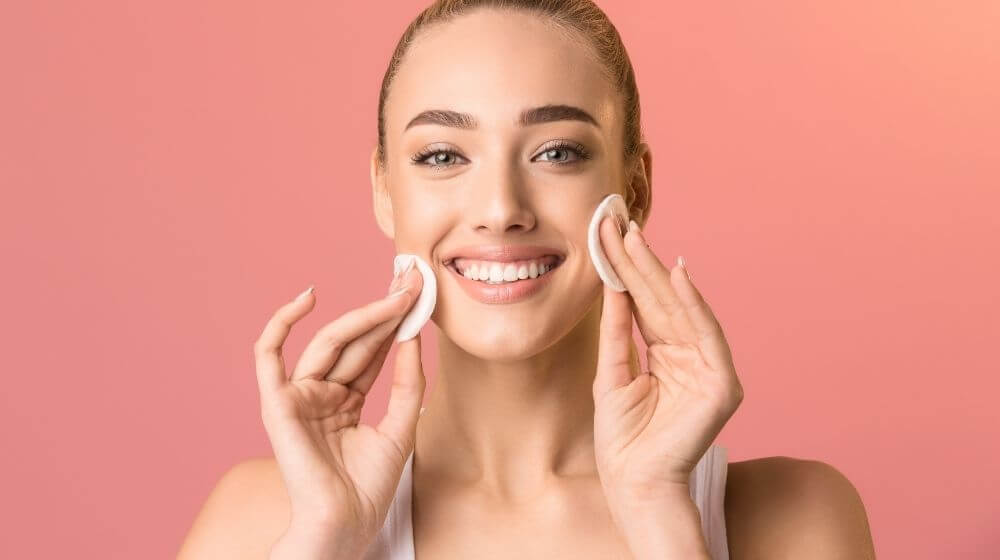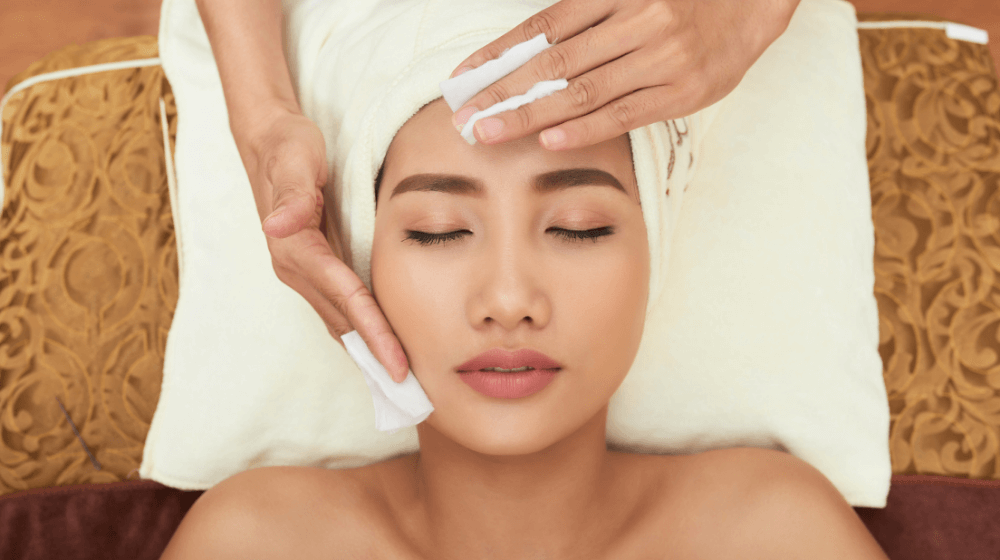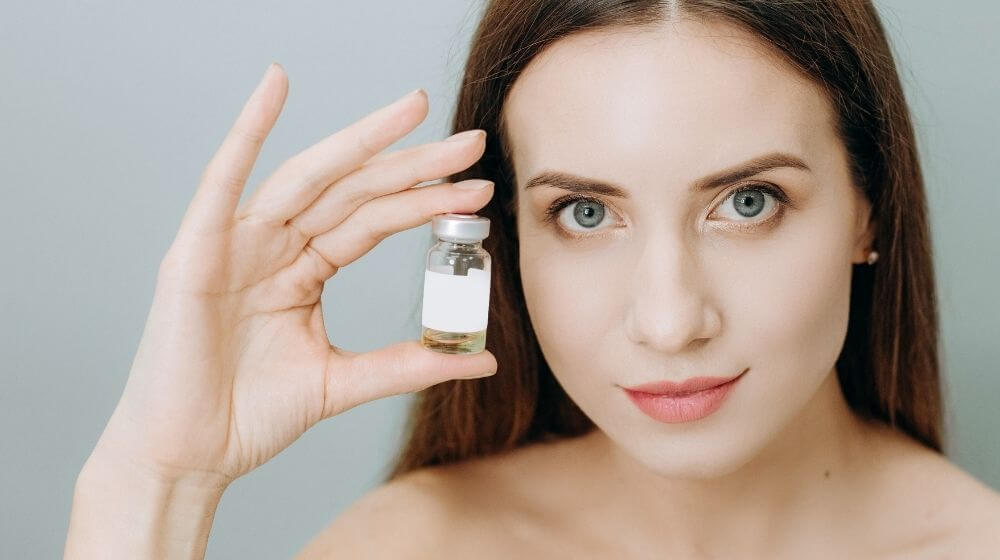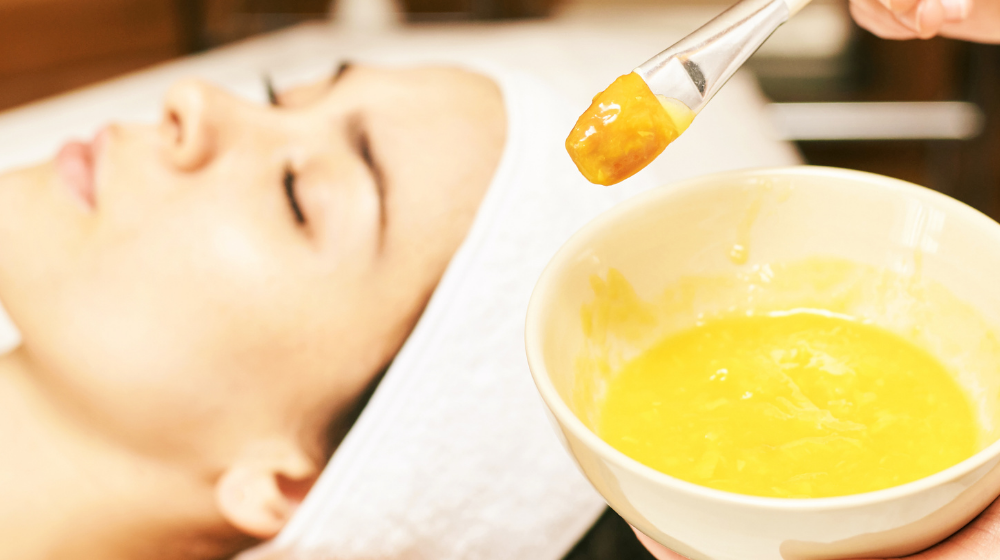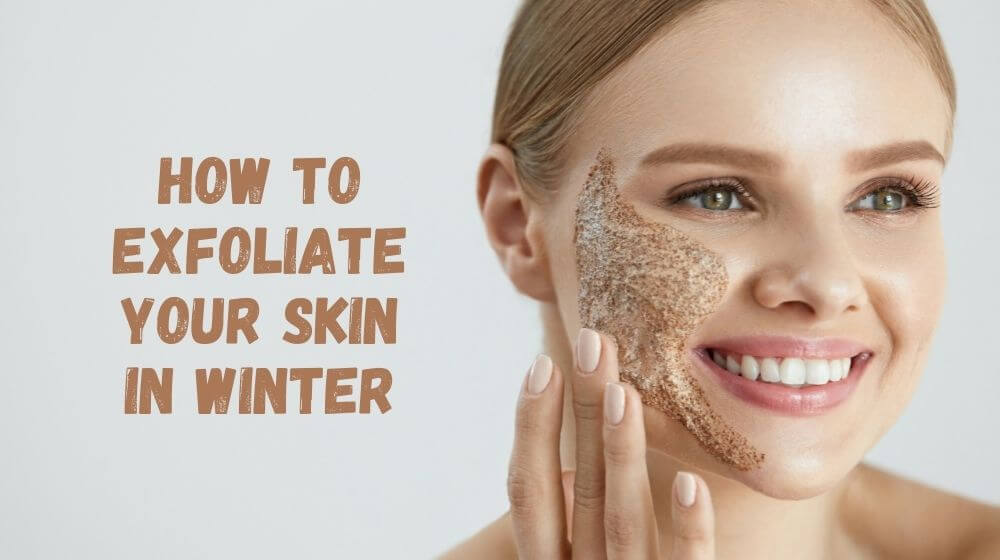Have experienced redness and irritation, dry itch patches on the skin due to even small alterations of daily routine, Or environmental change? What does this condition indicate? Is it an indication of your skin having a sensitive side? Yes! This symptom indicates that you may have sensitive skin. People having sensitivity are always in the struggle about to be or not to be regarding any specific skincare routine Or cosmetics. It is important to keep your sensitive skin clean and calm. We can not change skin type but we can reduce symptoms of sensitive skin type. Let’s first understand some facts about sensitive skin.
How To Recognize If You Have Sensitive Skin
Sensitive skin is a condition of the skin which is subjective to hyper-reactivity upon exposure to environmental factors and seasonal change. This alteration shows symptoms like redness flare-ups, itching, stinging, burning and a feeling of tightness of the skin. These symptoms as well as irritants Or triggering factors may vary from person to person. Some common factors like Genetics, Stress, lack of sleep, pollution, allergic food, environmental change, dehydration, and some harsh chemicals can become triggers for sensitive skin. Recognizing such triggers and avoiding them will be essential and beneficial to dealing with sensitive skin.
Tips to deal with sensitive skin
Gently Remove away your makeup:
Sensitive skin is very likely to show redness and irritation upon rubbing Or on the application of pressure. It is important to gently remove makeup. Use a soaked cotton swab to remove your makeup. You can also use anti-inflammatory products like pro-vitamin B5 to provide a calming effect to your sensitive skin.
Avoid hot washing of the skin by hot water:
Even a small change in temperature can rise skin problems, so if you have sensitive skin then rinse it with lukewarm water (rather than hot water). Hot water may destruct the outer protective lipid layer of the skin. This leads to dry, itchy skin. So avoid hot water rinsing. After washing pat skin gently dry with a clean, soft towel to keep skin feeling calm.
Recognize and avoid triggers of sensitive skin:
Tiggers for sensitive skin may vary from person to person. But genetics, season change, pollution and stress are common triggers. After identifying these factors it is important to avoid such factors to avoid future skin problems.
Avoid the use of skin care products containing harsh chemicals”
Paraben and its derivative are used as preservatives in many products but they may become triggers of sensitive skin. Along with paraben artificial fragrances can also trigger sensitive skin. Artificial products containing paraben, Phthalates, sodium lauryl sulfate, synthetic dyes, petrochemicals should not be used. Instead of this, we can go for using natural and herbal formulations of cosmetics.
Wisely Choose your skincare products:
The cosmetics market is flooded with too many exciting skincare products to select from it, would be tempting to want to try them all. But be careful if you have a sensitive skin type. Ingredients present in your skincare product should have a property like anti-inflammatory properties as well as should have the ability to improve your skin’s lipid barrier. The following should be seen in the ingredients list of the product.
- Hyaluronic acid- It helps in the moisturization of skin and gives a firm appearance. Its topical use help to reduce redness and fine lines.
- Aloe vera- Along with moisturization, help to get rid of redness, infection, rash, itchiness. It has a cooling property that is Beneficial for soothing the skin.
- Vitamin E- Vitamin E plays different roles like moisturizer, wound healer, anti-inflammatory and UV protection agent for sensitive skin.
- Olive oil- It is the best cleanser to remove makeup and sunscreen traces. It also helps to repair damaged skin tissues. Along with this, it has hydration action.
- Chamomile- Due to refreshing and effective healing action it is best suited for sensitive skin.
- Shea butter- Its emollient action is beneficial for sensitive skin.
- Coconut oil- It helps in moisturization and in reducing inflammation.
Regular moisturization:
Proper and regular application of moisturizer not only helps to keep skin hydrated but also to maintain a healthy lipid barrier. Twice a day application of moisturizer helps to replenish the skin’s superficial protective layer and avoids water loss. Moisturization of skin help to prevent penetration by potential irritants into the skin. Ingredients containing high levels of fatty acids (eg- coconut oil, jojoba oil) help to lock moisture. The use of humectants like hyaluronic acid helps to raise hydration levels and lock in moisture.
Use sunscreen:
UV protection is very essential for sensitive skin as sunlight exposure may worsen sensitive skin issues. But how can we use sunscreen if it shows a burning and stinging reaction? We know it is very difficult to choose sunscreen containing chemical UV blockers that do not cause stinging, burning, irritations, redness like reactions. Instead of chemical UV blockers, we can go for physical blockers which can protect skin from UV light. Products containing zinc oxide and titanium dioxide come under this physical blocker category.
Skincare routine for sensitive skin:
- Cleansing- Use such creams or face wash that will not cause irritation or unnecessary dryness. It should effectively remove excess dirt and oil from the skin. Gently apply the cream with your hand in a circular motion. Rinse it with cool or warm water. Smoothly pat it dry. Washing your face once a day is enough.
- Toning- Use skin-soothing toner. Avoid the use of alcohol-based toners
- Moisturizing- Deeply moisturize your skin with moisturizers having soothing properties. Apply it both in the morning immediately after showering and at night too.
- Exfoliating- Exfoliation is important for the proper penetration of moisturizers and other cosmetics we are using. Remember, be gentle with your skin throughout the exfoliation process. Exfoliation peel with lactic and mandelic acids helps us to gently exfoliate sensitive skin. Perform it once a week, so that we can get fresh, glowing skin.
Take away
It is always advisable that prevention is better than cure. so identify your triggering factors for sensitive skin and limit its exposure. For treatment ask your dermatologist for the best natural products and routine to get rid of sensitive skin. We can not change skin type but by following a proper skincare routine and using suitable products we can get rid of symptoms. Be gentle while treating your sensitive skin and be wise while choosing products for its treatment.


